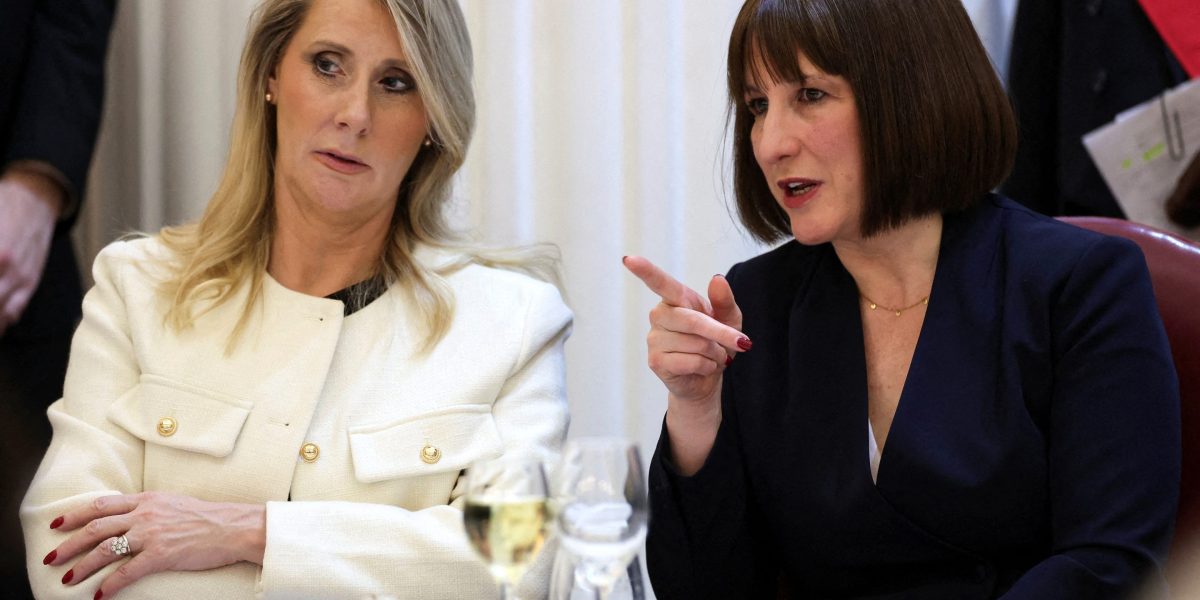
Surprise commentary from a Chinese state-owned media outlet helped to send shares of Pop Mart, the toy store behind the buzzy Labubu dolls, down by 3.6% in Hong Kong trading Friday.
People’s Daily, a state media outlet, published an article on Friday criticizing the practice of selling “blind boxes,” a practice where chains sell mystery boxes that contain an unknown item from a larger collection. Blind boxes rely on the element of surprise and artificial scarcity, as shoppers buy boxes in the hope of getting a rare item. The practice is also well-suited to social media, as customers host unboxing videos for mass audiences.
While Pop Mart was not mentioned by name, the store chain relies on “blind boxes” for its toy sales. The toy chain’s shares are now down by just over 12% for the week.
In its article, People’s Daily warned that blind boxes could lead to youth addiction and called for stricter regulation of the practice. In 2023, China banned the sale of blind boxes to children under the age of 8.
In addition, Morgan Stanley on Wednesday noted that the bank had removed Pop Mart from its China and Hong Kong focus list, replacing it with insurance company PICC P&C, according to CNBC.
Pop Mart’s shares have risen by almost 500% over the past 12 months. Now valued at $40 billion, the toy store chain dwarfs Hello Kitty-owner Sanrio, worth about $12 billion. That optimism ties to both the success of its Labubu doll line, touted by celebrities like Dua Lipa, Rihanna, and Blackpink’s Lisa, as well as hopes that young Chinese will spend more on “emotional consumption,” spending big on hobbies even if they cut back on everyday items.
Wang Ning founded the first Pop Mart store in 2010, and the chain soon grew on the back of its own toys, like the Molly doll line. The company debuted on the Hong Kong stock exchange in late 2020.
Last year, Pop Mart reported 13 billion Chinese yuan ($1.2 billion) in revenue, a 107% increase. Profits increased by 204% to reach 3.3 billion yuan ($460 million).
Wang’s personal net worth has surged alongside Pop Mart’s shares. He’s now China’s 10th-richest person, according to Forbes estimates.




